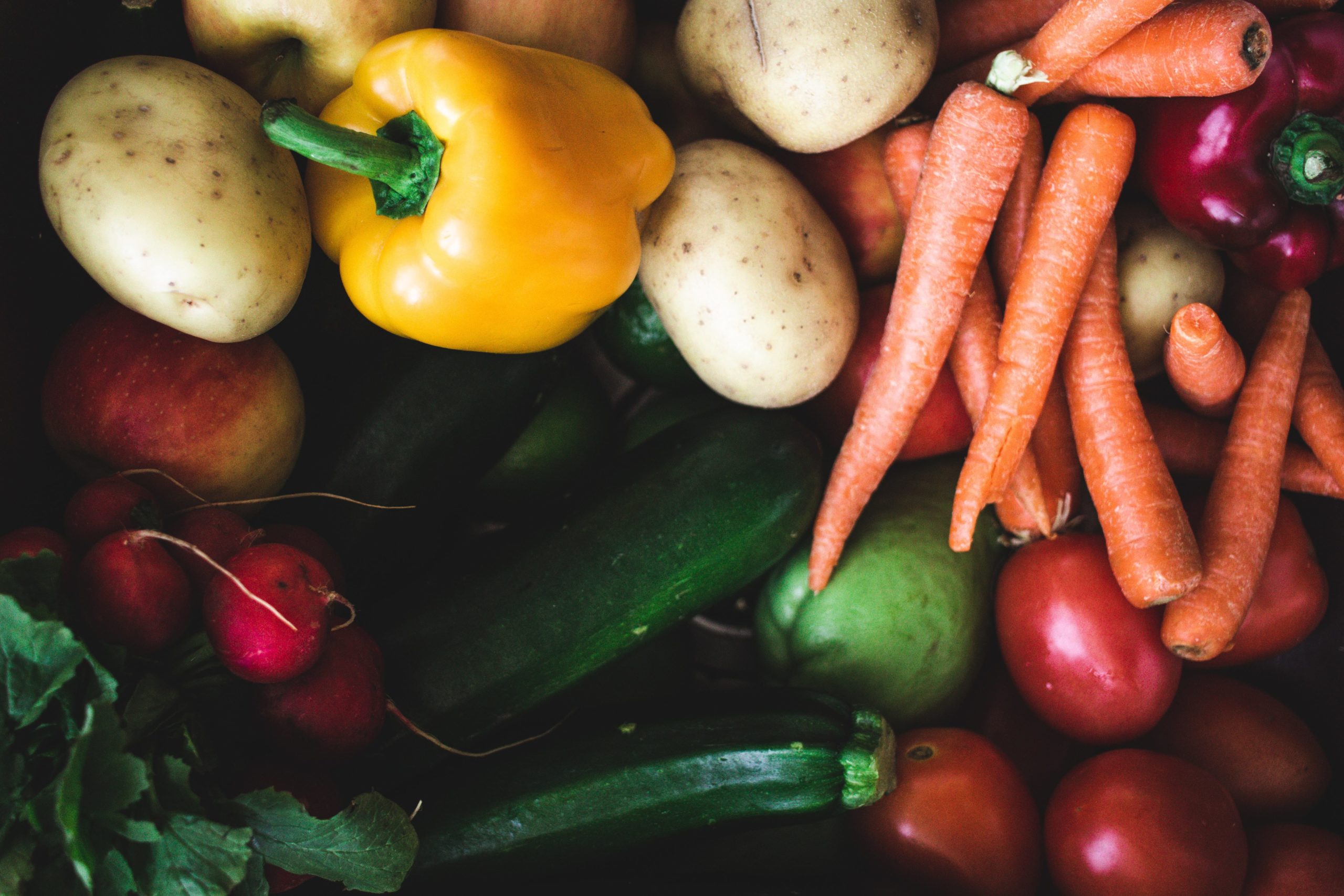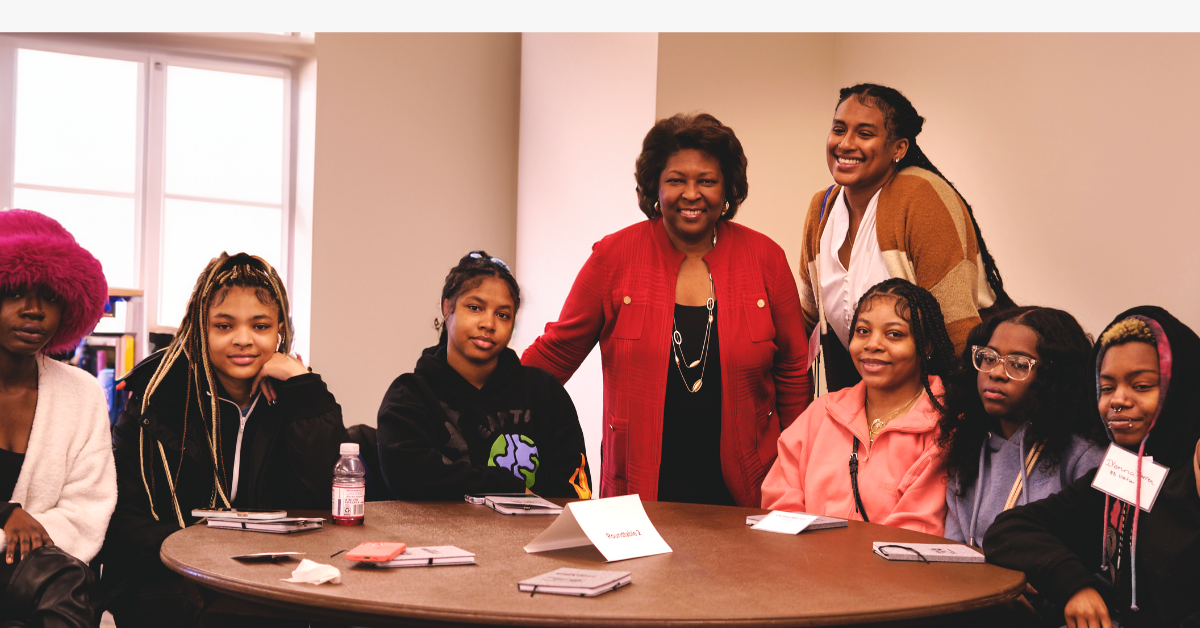
By Rosie Allen-Herring, President and CEO, United Way of the National Capital Area
“Eating healthy is expensive.”
These are the words that ran through my mind after I read the story on DC’s Hunger Cliff while anticipating United Way of the National Capital Area’s (United Way NCA) newest ALICE report.
ALICE, a United Way acronym for Asset Limited, Income Constrained, Employed, represents the number of individuals and families working but unable to afford basic necessities, such as food, healthcare, childcare, transportation expenses and more. Every two years, United Way NCA releases an ALICE report that sheds light on where ALICE lives in the region, who they are, and more. The most recent ALICE report, which was released in April 2023, shows that of the 319,565 households in D.C., 135,314 — 42% — had income below the ALICE Threshold of Financial Survival in 2021.
ALICE families have been overlooked and undercounted by traditional poverty measures. While the Federal Poverty Line (FPL) is updated yearly, the Census Bureau determines poverty status using thresholds dating back to 1963. The antiquated FPL, the fact that ALICE households may not qualify for federal benefits or safety nets, and the increased cost of living over time all contribute to the growing number of ALICE households.
According to the ALICE report, a healthy, practical diet for a family of four costs approximately $1,696 a month. To put this in perspective, Chanahvia Hall from the Hunger Cliff story, is a single mother with eight kids, ages 2 to 15. Hall states in the article that “before 2020, she received $1,700 in monthly SNAP assistance.” The extended benefits added $570 to her budget each month, all of which ended on March 1 of this year when the pandemic-era boost in payments through the federal government’s Supplemental Nutrition Assistance Program (SNAP) ended. Yet, the $2,270 total of the pre-pandemic SNAP assistance, plus the boost would still not be enough for her to cover the cost of a healthy diet for her family of nine.
To illustrate further, a family of four with two parents working full time in two of the most common occupations (retail salesperson and cashier) earning a combined $58,500 annually could not afford DC’s Household Survival Budget of $92,736 in 2021, even with the $20,800 in assistance through the expanded Child Tax Credit, the Child and Dependent Care Tax Credit, and the Economic Impact Payments.
ALICE is our childcare workers, home health aides and cashiers – those with little or no savings and one emergency from poverty. The gap between wages and the cost of living is a structural economic problem that has worsened since the COVID-19 outbreak.
Nationally, of the 126,903,920 households in the U.S. in 2021, 13% earned below the Federal Poverty Level (FPL), 29% were ALICE, that is, those in households that earned above the FPL but not enough to afford the basics in the communities where they live. Together, 41% of households in the U.S. were below the ALICE Threshold (poverty + ALICE divided by total households).
While the COVID-19 pandemic brought employment shifts, health struggles, and school and business closures in 2021, it also spurred unprecedented public assistance through pandemic relief measures. Before the pandemic, in 2019, 49,791,793 households were below the ALICE Threshold; by 2021 that number had changed to 52,539,023.
This year and as we look ahead, we ask those who live in the Washington region to imagine for a moment what life would be like if you were unsure of how you would pay your rent, mortgage, or utility bills next month. For many, this is a reality.
As the region’s convener, collaborator, and catalyst, United Way NCA’s goal is to create a more equitable society where everyone in our community has fair and equal access to health, education, and economic opportunity. We cannot do this work alone, so we’re calling on the community to help us reduce the number of ALICE households in our region. We know that collectively we can make great strides to uplift those who have been marginalized and underserved. At United Way NCA, we believe when none are ignored, all will thrive.


